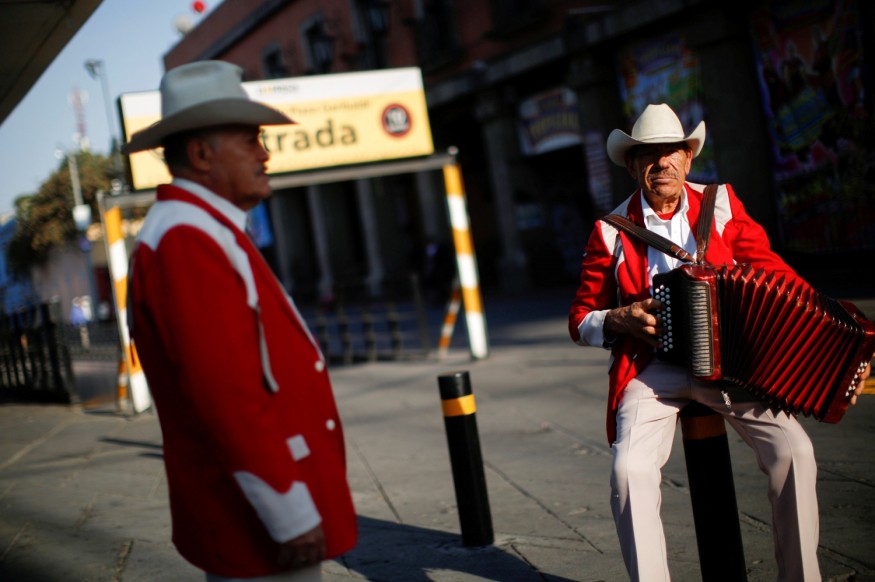COVID-19 Effect: Latinos Lose Jobs in New York City

On Tuesday, a survey was published indicating that the pandemic, coronavirus, has disproportionately affected the jobs of Latinos in New York City.
Among the 1,000 residents surveyed by the Graduate School of Public Health and Health Policy, 41% of Latinos have reported that they lost their job or someone in the household did. An estimated 24% of non-Latino white and Asian American respondents and 15% of African Americans also reported loss of jobs in the last two weeks.
The results of the survey are due to the fact that the Hispanic community often works in the service industry such as hotels and restaurants, and due to the community quarantine imposed by the government, these types of services are not needed temporarily.
New York is now considered to have the highest number of reported COVID-19 cases in the United States. As of today, the state has 26,000 confirmed cases with 210 deaths.
Though the virus does not affect anybody indiscriminately, it is obvious that some races are affected more than the others.
More on Immigration:
- Organizations Call for the Closure of Immigration Courts
- US-Mexico Border Situation Exposes Crowd to COVID-19
- Refugees Who Remain in Mexico Can Not Find Lawyers
Young workers also affected by layoffs across United States
Aside from being a pandemic, the coronavirus is quickly becoming a major economic problem. Service sectors that depend on customer interaction are likely to take a huge hit.
About one in four US workers are employed in industries most likely to feel an immediate impact from the COVID-19 outbreak. According to Pew Research Center, about 10% of workers are in retail trade and 6% are in the food and drinks industry. In total, these two industries employ about 26 million individuals which may be affected by the crisis if the pandemic is not controlled.
Based on demographics, among the 19.3 million workers between the age of 16 and 24, 9.2 million work in the service sectors. Younger workers make up 24% of employment in high-risk industries and many establishments in these sectors are facing the possibility of closure with more severe coronavirus outbreaks.
As of this moment, it is unclear if Washington's recovery plan will go far enough to get these workers through the hardship. National lawmakers are at odds over what to include in Congress' latest stimulus bill aimed at providing relief for workers and businesses hit hard by the outbreak. Republicans and Democrats differ over some key provisions, including the length of time for unemployment benefits and issues like funding for food stamps.
National civil rights leaders have called for a meeting with congressional leaders to push for more help for low-income workers, who are disproportionately communities of color. Those groups historically have been overlooked or left behind by the federal government during major crises, said Melanie Campbell, president of the National Coalition on Black Civic Participation.
Many blacks, Latinos, Native Americans and other communities of color saw their household wealth decline during the 2008 Great Recession and have yet to fully recover, raising questions about whether the latest financial downturn will set them back even further. The median wealth of middle-class black people dropped to $33,600 in 2013, down 47% from before the recession. For Hispanics, median wealth fell to $38,900, a 55% decline since 2007. White families saw their median wealth decline by 31% to $131,900, according to the Pew Research Center.
Subscribe to Latin Post!
Sign up for our free newsletter for the Latest coverage!

















